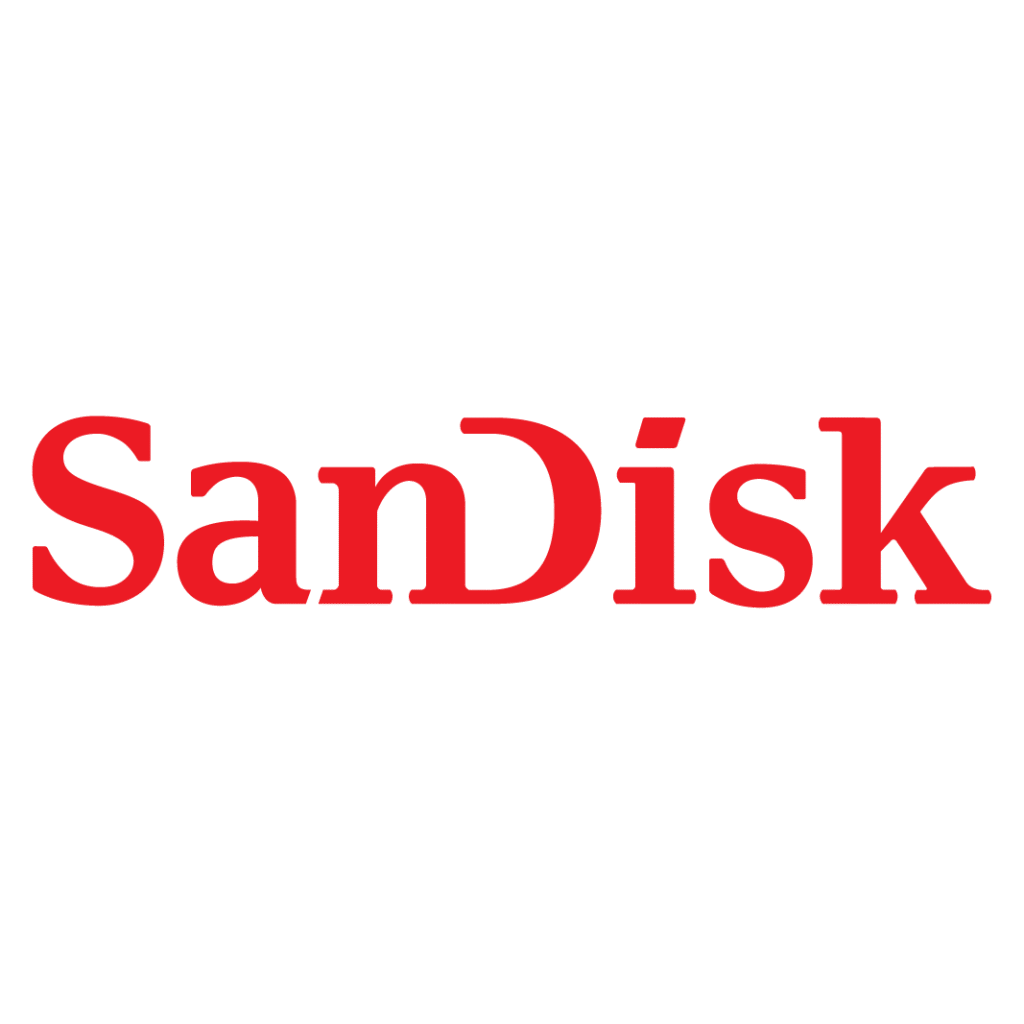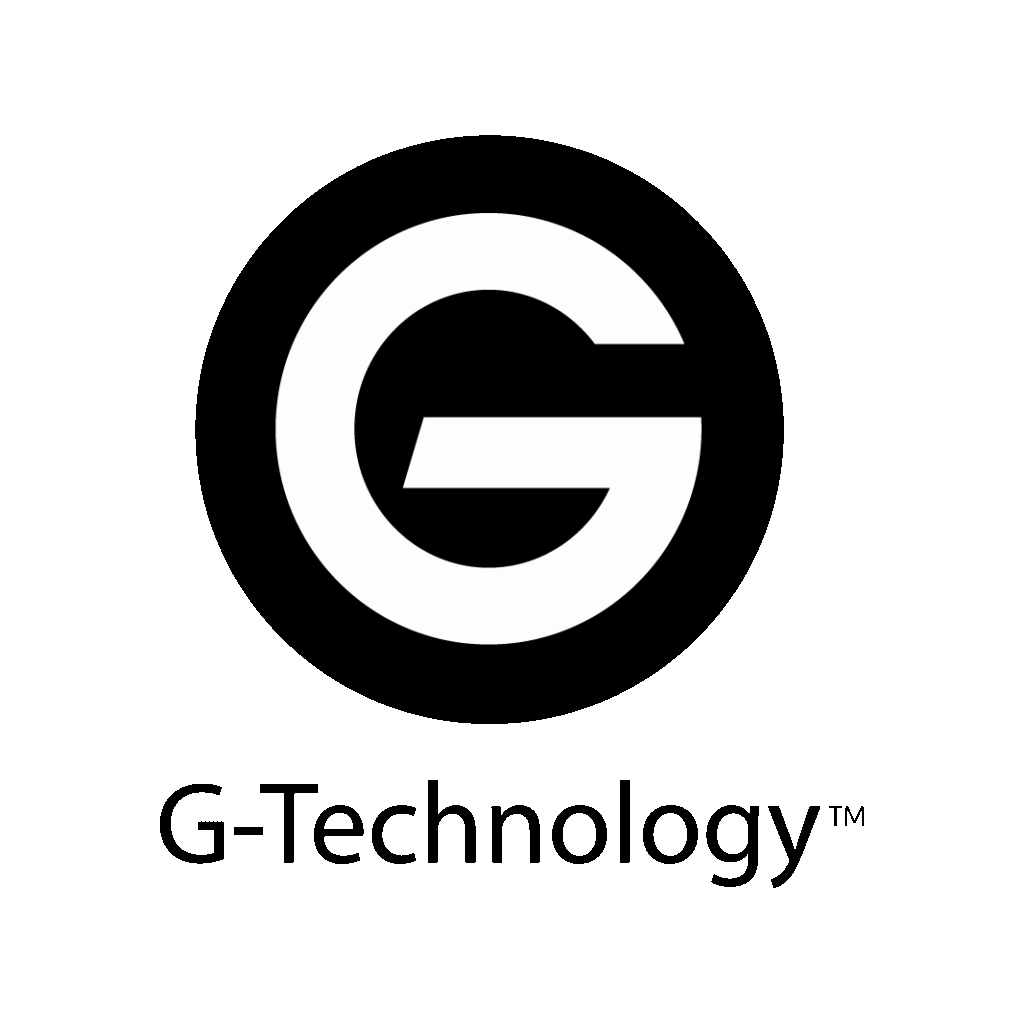We recover data from all major SSD brands, including Samsung (EVO, PRO, QVO, and NVMe models), SanDisk, Crucial, Western Digital (WD), Kingston, Seagate, Intel, ADATA, SK Hynix, Toshiba, Corsair, PNY, and Transcend. Whether you’re using a SATA SSD, an NVMe M.2 drive, or an older-generation solid-state drive, our engineers are fully equipped to handle both logical failures (like file system corruption or accidental formatting) and physical issues (such as controller failure, firmware corruption, or NAND chip damage). Even if your brand isn’t listed here, there’s a very good chance we can help—feel free to contact us for a free consultation.










